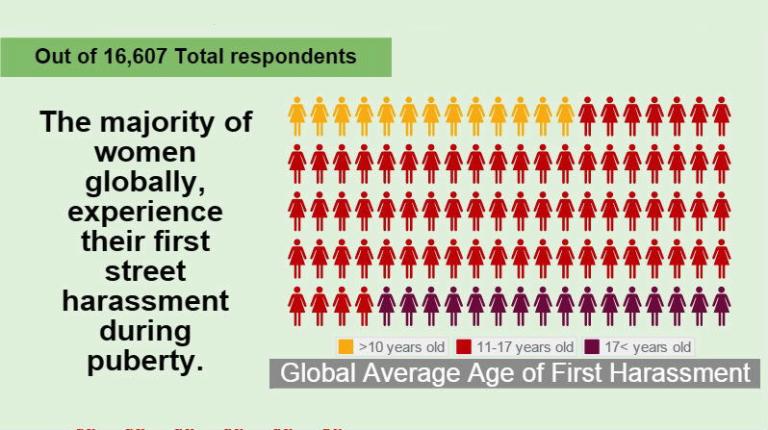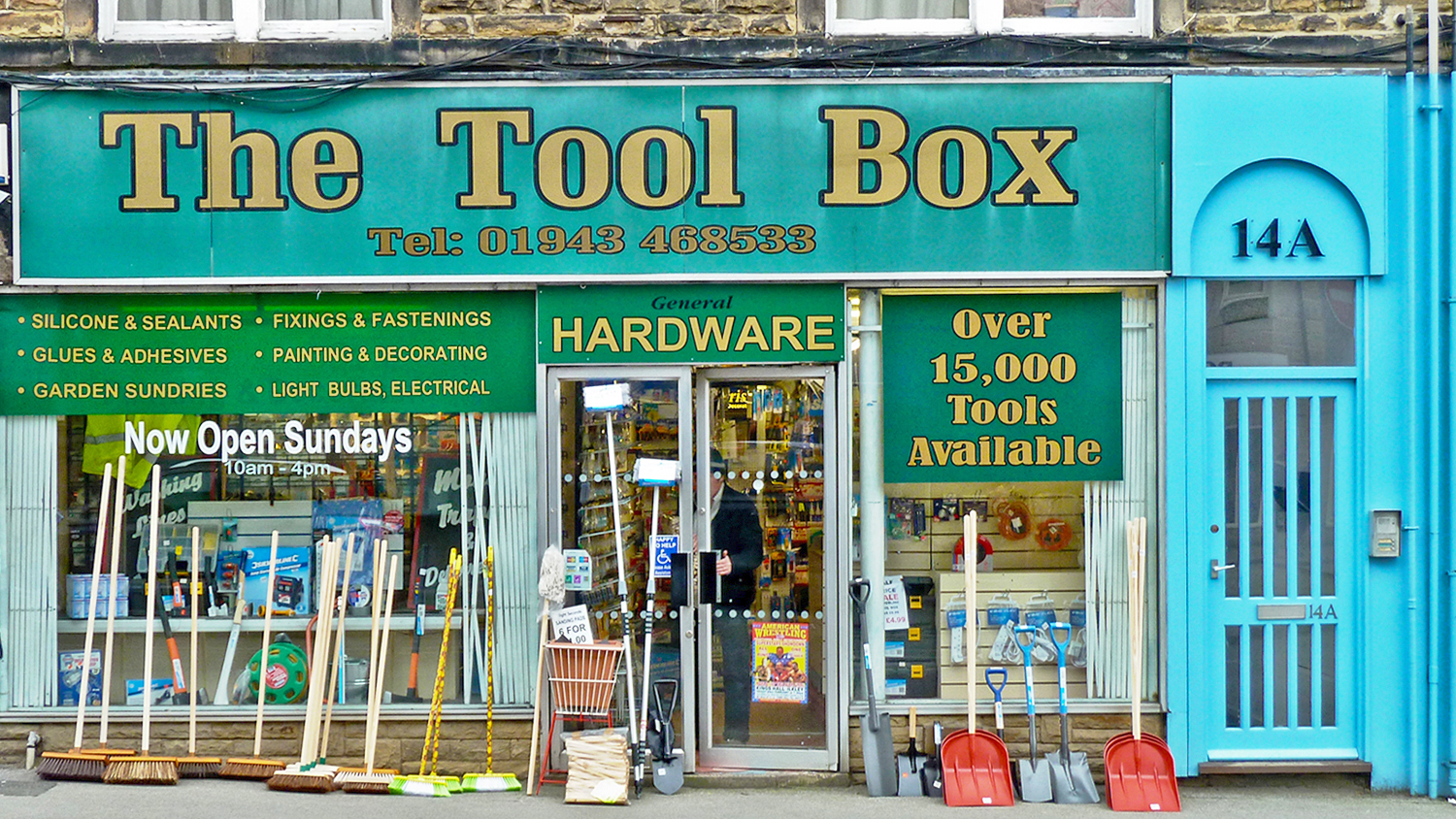Q. As a new homeowner, there are many home improvement items I have needed to purchase (tools, garden items, etc.). I had been shopping at Menards, as I thought I would be spending my money locally instead of at a corporate giant. After recently reading about John Menard Jr., I would prefer not to give his company any more of my hard-earned dollars. Where should I shop for my home improvement needs? Is there really anyone who cares about the environment?
Nicole P.
Madison, Wis.
A. Dearest Nicole,
Yes, Virginia, there are people who care about the environment. As steward of the overflowing Ask Umbra inbox, I personally see evidence for the existence of plenty of concerned, committed environmentalists. Any of our staffers here can attest to all the people reading Grist stories, following environmental news, and getting out to advocate for green causes (we can practically see these guys from the office windows). How many of these people own home improvement stores, well, I’m not sure. But they exist, and I hope that starts us out on a hopeful note.
I love that you want to be thoughtful about where you spend your money – the eco-minded businesses out there need our support. Good news: There are indeed home improvement emporiums with a specific focus on earth-friendliness. Bad news: Right now, anyway, they are few and far between. You can start lobbying Austin’s TreeHouse to open its next branch in Madison, but that won’t help with your immediate nesting concerns. Without a convenient brick-and-mortar location in your area, Nicole, we’ll have to think outside of the big box.
One idea: Don’t shop at all! There’s really no need to buy every tool in the toolbox, especially when many of them end up gathering dust in the basement most of the time. Instead, look into checking them out from your local tool library. A formalized version of borrowing your neighbor’s tool, these community resources bring the sharing economy to home projects – cheap, convenient, and way less resource intensive than stocking your own disc sander or caulking gun. Those without tool libraries at hand can often rent equipment from hardware stores and the like, too.
Another idea: Shop online. A 2013 MIT study found that online shopping usually has a lower carbon footprint than old-fashioned going-to-the-store shopping, thanks to efficient shipping and the large impact of consumers driving their cars to physical stores. So you might be able to find your ideal, say, recycled bathroom tiles from an online source that actively strives for sustainability. We’re brand agnostic here at Ask Umbra, but you can find some recommended stores here.
A third idea: Shop used. You might be able to find some clutch home supplies from a salvage or reuse outfit in the area. One worth a special call-out is Habitat for Humanity’s ReStore chain, which resells donated building materials – so you get double points for diverting good stuff from the landfill and eliminating the need to use new resources.
Idea the fourth (we’re on a roll!): Shop local. Sounds like you’ve already tried this tactic with Wisconsin-based Menards without success (was it the Koch brothers thing?). But there are probably other home stores in your area with values more aligned with yours. Smaller, independent hardware stores often carry fix-it supplies you can buy without the sneaking suspicion that your cash is fighting clean energy projects. Not sure? Just ask. You can also look for specific home goodies (such as masonry items or plumbing systems) through this handy local green products guide, which tells you where to buy the stuff in your area.
Finally, while we’re talking about green-minded people and businesses, let’s not forget the most important one of all: you, Nicole! As a new homeowner, you have the power to set up your castle to be as sustainable and low-impact as your budget and preferences allow. While you have home improvement on the brain, I encourage you to think about earth-friendly projects: Veggie gardens! Compost piles! WaterSense and EnergyStar appliances! Rain barrels! Graywater systems! Composting toilets! I could go on and on, but you get the idea.
When it comes down to it, sometimes the fact that you’re buying an efficient, green product is even more important than where you bought it. Do your best to support your favorite sources, then don’t sweat the rest. Happy home improving!
Domicilically,
Umbra



